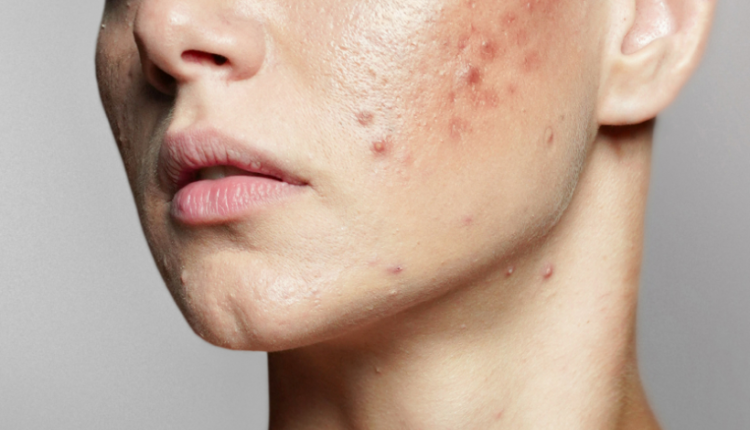Understanding Dark Spots from Acne: Causes and Prevention
Acne is a common skin condition that affects people of all ages. While the breakouts themselves can be distressing, the dark spots they leave behind can be just as troubling. These spots, known as post-inflammatory hyperpigmentation (PIH), can linger long after the acne has healed. Understanding the causes of dark spots from acne and how to prevent them is crucial for maintaining clear and even-toned skin.
Causes of Dark Spots from Acne
- Inflammation: When acne lesions (pimples, cysts, or nodules) occur, the skin becomes inflamed. This inflammation triggers the production of melanin, the pigment responsible for skin color. Excess melanin can lead to dark spots once the acne heals.
- Skin Damage: Popping, squeezing, or picking at acne can cause additional skin trauma. This damage exacerbates inflammation and increases the risk of developing dark spots.
- Sun Exposure: Ultraviolet (UV) rays from the sun can darken existing acne spots and cause new spots to form. UV exposure stimulates melanin production, worsening the appearance of PIH.
- Skin Type and Tone: Individuals with darker skin tones are more prone to developing dark spots from acne. Higher levels of melanin in the skin mean that any inflammation or injury is more likely to result in hyperpigmentation.
- Hormonal Changes: Hormonal fluctuations, such as those during puberty, pregnancy, or due to certain medical conditions, can increase the likelihood of acne and subsequent dark spots.
Prevention and Treatment
- Avoid Picking or Squeezing: To prevent further skin damage and inflammation, avoid touching, picking, or squeezing acne lesions. This reduces the risk of developing dark spots.
- Use Sunscreen: Protect your skin from UV rays by applying a broad-spectrum sunscreen with at least SPF 30 daily. Sunscreen helps prevent dark spots from becoming darker and stops new ones from forming.
- Gentle Skincare Routine: Use gentle, non-comedogenic skincare products to avoid irritating your skin. Cleansing twice daily and using products with ingredients like salicylic acid or benzoyl peroxide can help manage acne without causing excessive irritation.
- Topical Treatments: Over-the-counter and prescription treatments containing ingredients like retinoids, vitamin C, niacinamide, and hydroquinone can help fade dark spots. These ingredients work by inhibiting melanin production and promoting skin cell turnover.
- Professional Treatments: Dermatological procedures such as chemical peels, microdermabrasion, laser therapy, and microneedling can effectively reduce the appearance of dark spots. Consult a dermatologist to determine the best treatment for your skin type and condition.
- Consistent Skincare: Consistency is key in treating and preventing dark spots. Maintain a regular skincare routine and be patient, as it can take weeks or even months to see significant improvements.
Conclusion
Dark spots from acne are a common and frustrating issue, but understanding their causes can help in effectively preventing and treating them. By adopting a gentle skincare routine, protecting your skin from the sun, and using targeted treatments, you can reduce the appearance of dark spots and achieve a clearer, more even complexion. If over-the-counter solutions are not effective, seeking professional advice from a dermatologist can provide more advanced treatment options.


